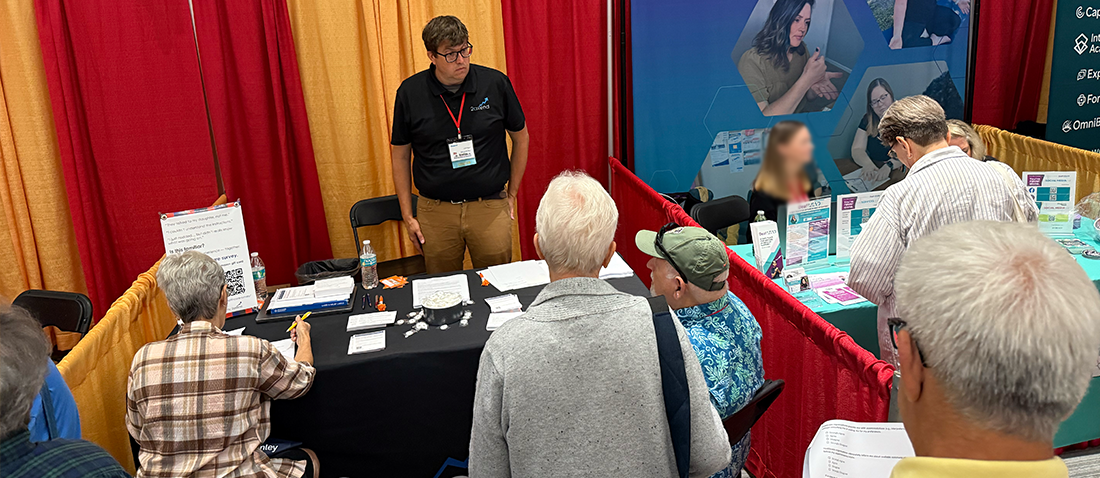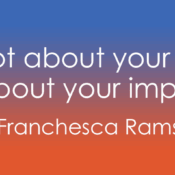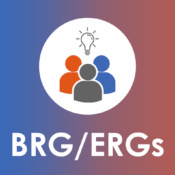
From Conference Conversations to Systemic Change: Building Access That Lasts
Last week’s Deaf Seniors of America (DSA) Conference in Kansas City buzzed with energy, connection, and a shared commitment to change. Between presenting on healthcare access, filming Deaf seniors share their stories, and spending time at our booth, Matt Aggen and I had the privilege of hearing story after story — some uplifting, others deeply frustrating — about what it’s like to navigate healthcare as a Deaf, DeafBlind, or hard of hearing individual.
What stood out most was the contrast. In some cases, hospitals and clinics went above and beyond to provide equitable communication access. In others, people were left navigating medical decisions without the full picture, simply because systems failed to provide qualified interpreters, captioning, or other accessible solutions.
As I mentioned in last week’s blog, these stories aren’t isolated incidents. They’re part of a larger, systemic pattern — one that impacts not just healthcare, but every space where decisions are made about our lives without us in the room. This includes critical moments like receiving a serious diagnosis without a qualified medical interpreter, or having discharge instructions only provided in writing with no opportunity for a clear, interpreted dialogue. By the end of the interaction, we’re left wondering what critical information we may have missed.
For example, while the doctor was informing my father that his bone marrow biopsy confirmed that he had cancer, the interpreter spelled out “Melanoma” when he was actually being diagnosed with Multiple Myeloma — two very different types of cancer.
These communication gaps don’t just cause anxiety and confusion. They have profound, lasting consequences for our health, autonomy, and dignity.
Why the Healthcare Survey Matters Right Now
These experiences are exactly why we launched our IRB-approved national Deaf and Hard of Hearing Experience in Healthcare Survey. We aim to capture real stories alongside the data that healthcare systems can’t ignore. The survey gathers crucial information to inform organizations of the gaps that exist in their systems, policies, and processes.
When your lived experience becomes part of a broader dataset, it stops being an anecdote and starts becoming a driver for change. Whether you’ve had a fantastic healthcare experience or faced unacceptable barriers, your voice belongs in this survey.
This information will be used to advocate for better training for providers and administrators, and to establish best practices for equitable communication access. Every response is impactful, and we need your support to drive this collective change for good.
If you're Deaf, DeafBlind, hard of hearing, or late-deafened, please take the survey and help us maximize our reach by sharing it with your friends and family.
I said it before, and I’ll say it again. When our stories are part of the data, we stop being an afterthought - we become the blueprint.
Beyond Healthcare: Raising the Bar for Interpreting in Professional Settings
Healthcare is only one part of the picture. In professional spaces — boardrooms, classrooms, client meetings — Deaf professionals still face interpreting challenges that limit full participation. It’s simply not enough to “just get by.” We’re committed to ensuring Deaf professionals have the resources they need to lead, innovate, and contribute without barriers holding them back.
That’s why we’re hosting the 2nd annual Interpreting for Deaf Professionals Summit — a virtual space where Deaf professionals, interpreters, and organizational leaders learn from each other to raise standards, share best practices, and build mutual understanding.
The summit will take place next month from September 19-21, and is designed to optimize the delivery of interpreting services in high-stakes professional environments.
You’ll learn from:
- Deaf professionals sharing their lived, real-world experiences
- Interpreters who specialize in high-stakes professional environments
- Industry leaders committed to embedding equitable communication access
Register for the Interpreting for Deaf Professionals Summit here → www.2axend.com/IDPSummit.
If you're not deaf or an interpreter, what should you do?
If you are hearing, you have a crucial role to play in driving systemic change and dismantling barriers to foster accessibility and inclusion. Here are some ways you can take meaningful action:
- Learn about the Deaf community from the Deaf community: Take the time to educate yourself on the challenges Deaf, DeafBlind, and hard of hearing individuals encounter and how to practice a mindful and respectful approach towards our community. For an authentic learning experience, make sure you learn directly from Deaf community members, not hearing individuals. Encourage your colleagues, family, and friends to do the same.
- Advocate for access: Insist on providing qualified and certified interpreters and captioners, as well as any other accommodations necessary to reduce barriers and ensure access.
- Listen to Deaf, DeafBlind, and Hard of Hearing perspectives: Follow Deaf leaders, organizations, and creators on social media and other platforms. Listen to their experiences and perspectives, and amplify their stories and lived experience rather than owning the narrative on their behalf.
- Support Deaf-owned businesses: Whenever possible, support businesses, like 2axend, that are owned and operated by members of the Deaf and hard of hearing community. This helps to build economic empowerment and visibility.
Taking these steps helps create a foundation for lasting, systemic change built on respect, understanding, and fostering real inclusion.
The Bigger Picture
At DSA, I was reminded once again that systemic change doesn’t start with the loudest voice in the room — it starts with listening and acting intentionally. We are committed to this mission at 2axend.
As a Deaf-owned and operated strategic consulting and training firm, we partner with organizations to move beyond mere compliance and embed accessibility into the very foundation of their operations. Every discussion we have and each survey response we collect brings us closer to breaking down the barriers the Deaf community faces every day.
After all, when access is bolted on, it eventually breaks. When it’s built in from the start, it works — in healthcare, in workplaces, and in every corner of our lives.
For those who are not Deaf, interpreters, or directly serving this community, know that advocacy matters. Being an active advocate means educating yourself and others, amplifying Deaf voices, asking organizations the tough questions about accessibility, and holding systems accountable for meaningful change — not just compliance checkboxes. Real progress requires all of us to step up and have a voice.
Let’s start the conversation and build access into our everyday systems — together.
Take the Healthcare Survey | Register for the Interpreting for Deaf Professionals Summit



